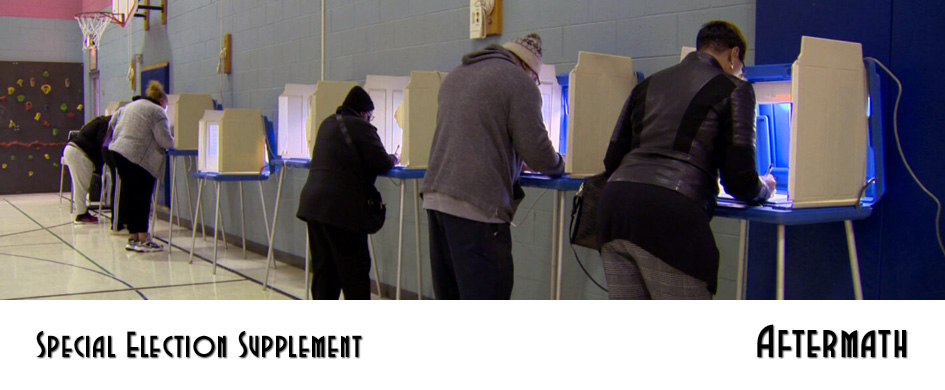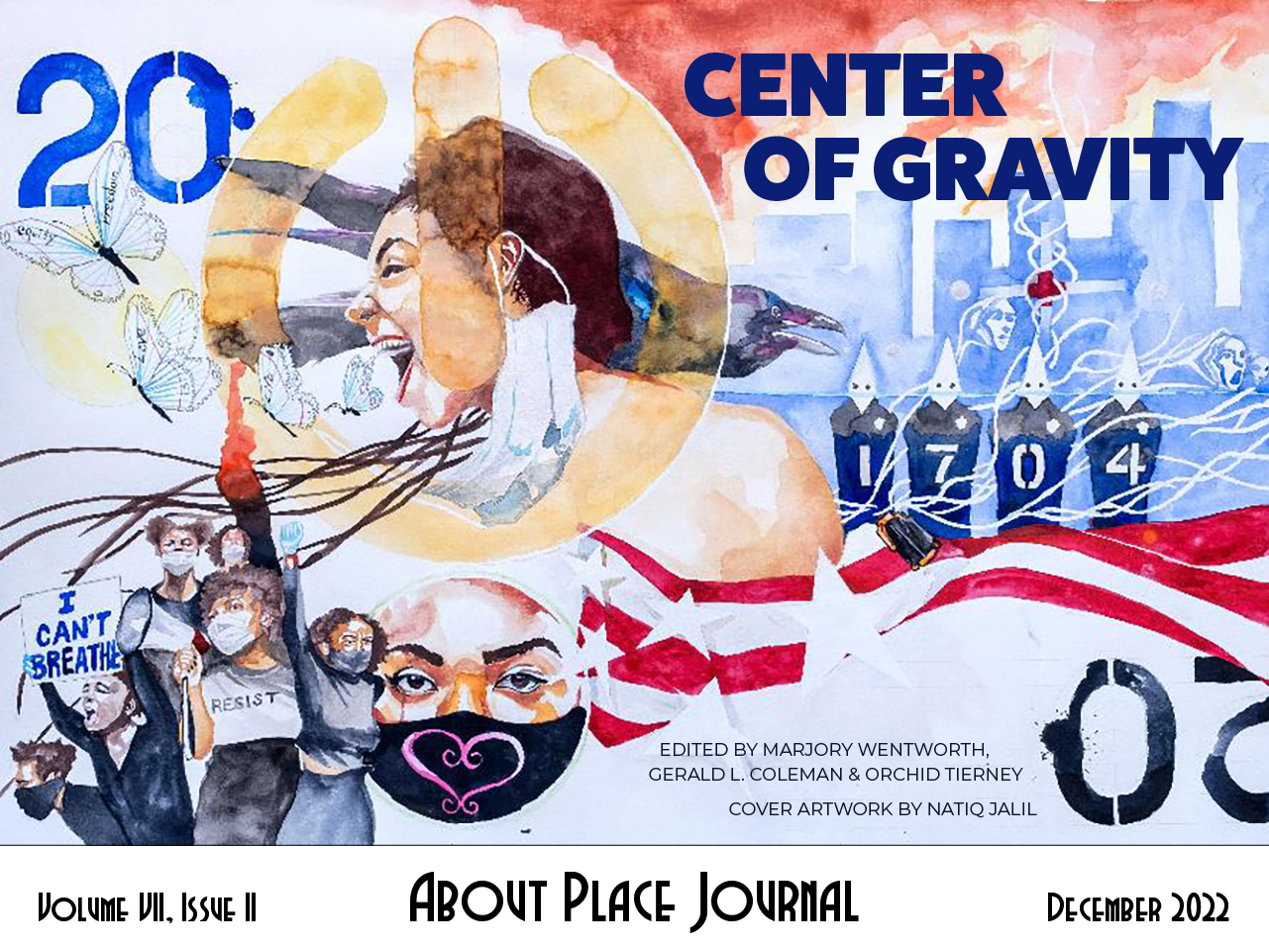The day after the midterms I attended Meet the Moment, a big feminist political conference held at the Brooklyn Museum. The mood was both jubilant and determined as speakers shared staggering statistics about the surge in voter registrations after the Dobbs decision, especially among women and voters under 30, and its results. Voters had voted on the side of abortion rights in both blue and red states—five states in all including Kentucky and Montana. And these same voters had brought pro-choice candidates to victory all over the map, many of them women.
The breakthrough is not only political, but cultural. For years, I and most of the feminists I know have been frustrated—if not furious—with Democrats for their namby-pamby stance on reproductive freedom. But after Dobbs, as abortion skyrocketed high up voters’ lists of priorities, Democrats went from being basically abortion-neutral to spending more than $450 million on ads supporting abortion rights. And in the process, they changed the cultural conversation, for example finding ways to talk to male voters about abortion (emphasize the importance of freedom from government interference; appeal to men’s desire to help women in need).
When the conservative majority on the Supreme Court first overturned Roe v. Wade, it was tempting to blame Ruth Bader Ginsburg for not having had the care and foresight to retire before Trump took office. Many people I know felt this way, and I admit, a part of me felt it too. But still, I wondered. After all, RBG herself was not happy making Roe v. Wade the foundation of abortion rights. It worried her that the decision was based on the right to privacy rather than on firmer grounds such as the right to bodily autonomy, health care, or self-determination. As a Goddess-worshipping witch who had always felt RGB was a strong force for good, I couldn’t help wondering if fate, or the Goddess, or the universe, might have some unexpected twists in store. Could it be that things would unfold in such a way that RGB might have the last laugh after all?
While there is still a long way to go before the desperately-needed nationwide right to complete reproductive freedom is established, it’s easy to imagine RBG chuckling now, at this post-midterms outcome of the tumbling house of cards her retirement set in place. As Cecile Richards pointed out at the event in Brooklyn, these new voter registrations among young people will permanently change the face of the electorate. In this way, as in many others, the outcome of the midterms seems to have ushered in a new level of feminist awareness among Democrats, pundits, pollsters, and hopefuly the American populace at large.
This is a time for thanks and celebration, for all of us who respect and trust women’s power. If the Supreme Court’s Roe v. Wade decision was a sign of feminist power in 1973, isn’t this midterm 50 years later even a stronger sign? This time women and our allies made it happen not indirectly through organizing and pressure, but directly at the voting booth through our sheer numbers. Isn’t this even a stronger, more palpable expression of the return of woman power and Goddess energy? So here’s to the Goddess who is returning at last, in the rising voices of women around the world: the Goddess whose sacred power is immanent in every woman who claims her power to tread the sacred edge joining death and life, the Goddess for whom abortion is a rite of love.


